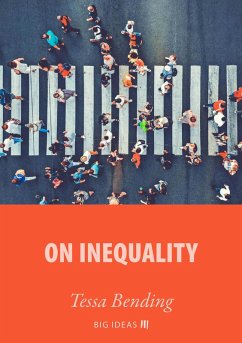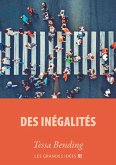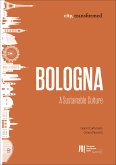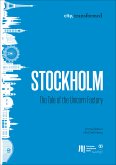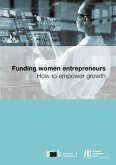Does Europe have an inequality problem? Amid the COVID-19 pandemic, many Europeans are certainly struggling. The rise of populist movements is another signal that something is awry. Many Europeans no longer see their economy as fair. But is this a problem of too much inequality, or just a problem of ideology? Is inequality even a bad thing? We need to consider the statistics on economic inequality, but also look beyond towards the lived experience of trying to make ends meet. We need to consider different ideas on the impact and significance of the inequality we see. Does inequality drive entrepreneurship, and thus innovation, through the struggle for upward social mobility? Or does inequality affect life chances, becoming entrenched, blocking social mobility and innovation? And does anyone really need a billion euros? If we have a euro to spare, do we create more happiness by giving it to the rich or to the poor? An old, once infamous, now oft-forgotten question in economics. Tessa Bending conducts research on social inclusion, social development and impact measurement at the Economics Department of the European Investment Bank (EIB). The department provides indepth analysis on critical investment issues to support international policy debates. This is the sixteenth essay in the Big Ideas series created by the European Investment Bank. The EIB has invited international thought leaders and experts to write about the most important issues of the day. These essays are a reminder that we need new thinking to protect the environment, promote equality and improve people's lives around the globe.
Dieser Download kann aus rechtlichen Gründen nur mit Rechnungsadresse in A, B, BG, CY, CZ, D, DK, EW, E, FIN, F, GR, H, IRL, I, LT, L, LR, M, NL, PL, P, R, S, SLO, SK ausgeliefert werden.

